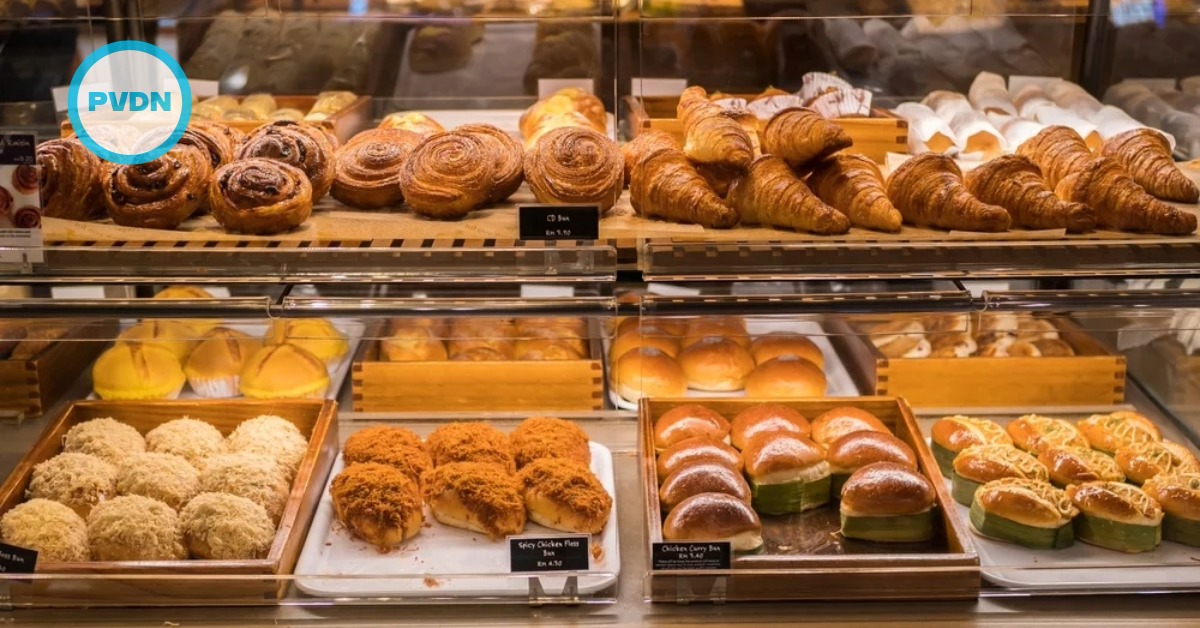Long gone are the days in the United States where produce markets and local butchers with sawdust floors were the typical meat and produce departments on the corner, almost all gobbled up by national chains and government health regulations meant to benefit big business.
In Mexico however, the tradition of open-air produce markets and corner butcher shops still thrive nationwide as part of a social and cultural experience, but those experiences could become sparser in Puerto Vallarta and along the Bay of Banderas as big grocery moves in and more foreigners comfortable with big grocery retire to the area . . .





